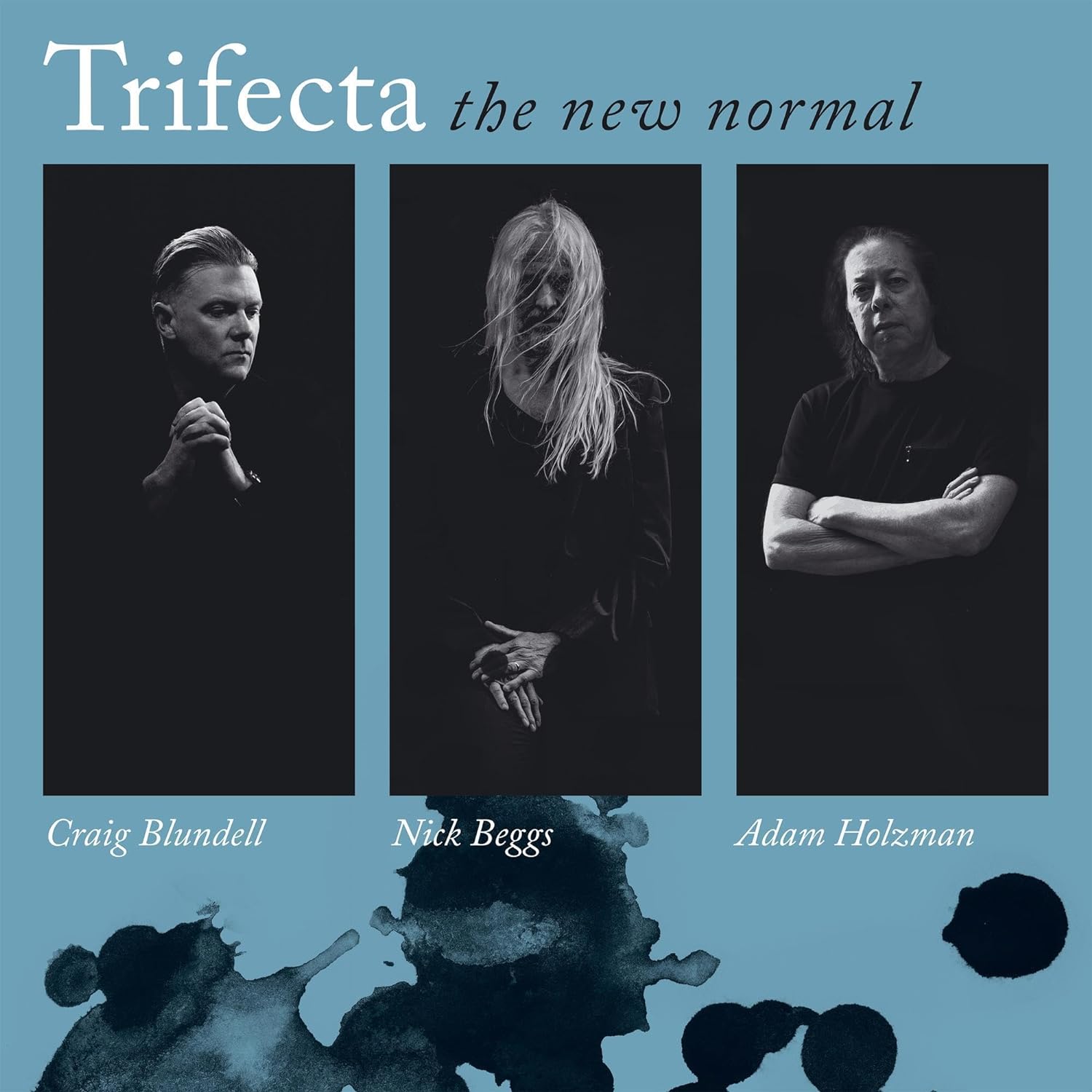
A unique project that gathers together members from the UK, India and the US, White Moth Black Butterfly comprises TesseracT’s charismatic Daniel Tompkins, Skyharbor guitarist Keshav Dhar, Randy Slaugh, Jordan Bethany and Mac Christensen. This is the band’s third album since their 2013 debut (One Thousand Wings), and it follows on from 2018’s impressive Rising Son EP. Featuring fourteen tracks, including the enigmatic Soma (released as a video clip), The Cost Of Dreaming is a self-produced and often stunning effort, recorded on three continents during the lockdowns of 2020 and created very much as a labour of love by the various musicians involved.
Taking a moment to build the mood, The Cost Of Dreaming seems to tap into the sounds of a long-lost childhood, with the sounds of innocence slowly fading into the gorgeous Ether. With Daniel Tompkins’ voice soaring above a backdrop that would sit comfortably amidst the output of latter-day Anathema, it makes for an evocative, emotional start, only for the clouds to gather on the electronica-infused Prayer For Rain. With its gritty vocals and pulsing beat, Prayer For The Rain takes a leaf from the Ulver songbook, with hints of BMTH circa Amo. Essentially then, it’s pop music, albeit a pitch black and emotionally-charged pop music that gets underneath the skin in moments and then lodges there. That BMTH vibe emerges with greater clarity on The Dreamer, a track that feels as if it should be chart-bound with its clean lines and hook-driven melodies, although the charts rarely feature anything as lyrical as this band have to offer. The darker paths of Heavy Heart, while in the same realm as the preceding tracks, has an artier vibe that nods in the direction of A Perfect Circle, but the band keep it short, and we soon find ourselves cast into the stripped-down introduction to Portals, a slow-burning piece of music that slowly emerges from arpeggiated synths to incorporate dense walls of guitars and layered harmonies. Next up, the band plunge into the void with the deeply sinister, dubstep influenced Use You, a track based around a churning bass synth so heavy it threatens to rupture internal organs, although the harmonies remain as mellifluous as ever. Strained, and with samples shot through the core featuring the sounds of domestic abuse and heartbreak, it’s a harrowing song and it comes as a substantial relief when the industrial-strength pop of Darker Days (featuring a guest spot from saxophonist Kenny Fong) washes some of the horror away, although an ill-defined unease remains.
The second half of the album opens with the gently shifting Sands Of Despair, essentially a poem set to ambient music, it paves the way for the ethereal beauty of Under The Stars, a showcase for Jordan Bethany’s increasingly lovely vocals, swathed in strings and produced with deft subtlety. Released as a single (and understandably so), Soma is a glitchy piece that emphasises the heavy pop influences found on the album’s opening tracks, although it’s the more interesting Liberate that captivates the attention. An ever-shifting piece, it opens with elements of Tricky’s work with Martina Topley Bird, only for the skittery beats to give way to rather more dense soundscapes. With a pounding beat, Unholy is one of only two tracks to feature vocals that shade towards Daniel’s much heavier work in TesseracT, although these are kept low in the mix and the overall approach feels as if the track was made to provide the end-notes to a movie. Next up, if the ambient Bloom (which draws on the services of Eric Guenther of The Contortionist) sees the album edging toward its emotional climax on a gentler note, it proves to be something of a misdirect, and the album hits a towering peak with Spirits. With Daniel’s voice straining over multi-hued backdrop that seems possessed of all the angst and sadness built up over a year of lockdowns and losses, Spirits is a masterpiece, and it provides the album with a fitting conclusion.
A project with its heart very much in the realm of contemporary pop music, White Moth Black Butterfly may draw on a variety of influences from the eccentric avant-electro of Ulver to the sumptuous progressive rock of latter-day Anathema, but its focus is very much on a cinematic pop of Grimes and the lighter moments found on BMTH’s Amo. While those with eclectic tastes will find this an intelligent, beautifully produced body of work, those who prefer to remain in heavier pastures are likely to find this too commercially angled. However, while the production may be in tune with the clean lines of modern electro, the lyrics are thought provoking and delivered with such emotion and honesty, that the album continues to haunt long after it has reached its end. One of the year’s most intriguing releases, The Cost Of Dreaming is a passion project from a talented collective and is well worth exploring. 8.5/10










Leave a Reply